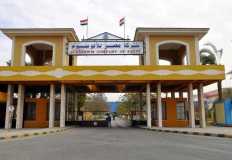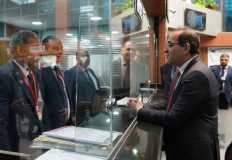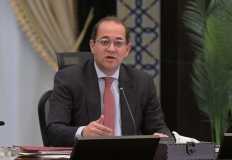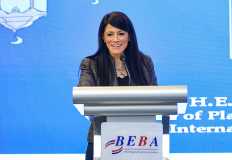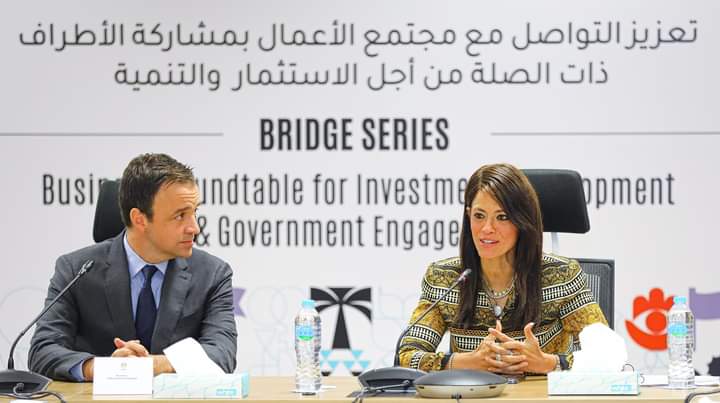
Dr. Rania Al-Mashat, Minister of Planning, Economic Development and International Cooperation, chaired the initial meeting of a series focused on "Strengthening Dialogue with the Business Community and Stakeholders for Innovation and Development.”
The meetings aim to boost the
private sector's role in economic growth, identify investment prospects in key
Egyptian sectors, and align state investment plans with initiatives by
development partners. To achieve this, we're fostering government-private
sector partnerships, expanding opportunities for blended and development
finance, exploring private sector grants, and solidifying investment guarantees
and corporate social responsibility initiatives.
The inaugural meeting focused on
youth and sports, reflecting the government's commitment to human capital
development through these sectors. Attendees included Dr. Rasha Ragheb, Executive
Director of the National Training Academy, Dr. Kevin Frey, CEO of the UN
Generation Unlimited initiative; Atir Hanoura, Head of the Public-Private
Partnership Unit at the Ministry of Finance; Jeremy Hopkins, UNICEF
Representative in Egypt; representatives from the Ministry of Youth and Sports;
and approximately 50 private sector representatives from companies such as
Decathlon Egypt, Mintra, Meta, SAP, Kraft, Shell, Henkel, and other businesses,
as well as representatives from the Sawiris Foundation for Social Development.
Al-Mashat emphasized that these
meetings aim to foster effective communication with the business community and
stakeholders, facilitating public-private partnerships and collaboration with
international development partners to drive sustainable development. She added
that future meetings will focus on other sectors, aiming to identify potential
projects, enhance technical dialogue with relevant parties, and cultivate
constructive partnerships and cooperation opportunities between the government
and private sector. By leveraging various mechanisms offered by development
partners, we can empower the private sector and support Egypt's economic and
social development plan.
She outlined the government's plan for 2024-2027, which aims to create a competitive economy driven by private investment for sustainable and inclusive growth. She highlighted strategic opportunities identified by the government to encourage private sector involvement in key Egyptian sectors. These include joint investment ventures, initiatives that can benefit from corporate social responsibility programs, and other collaborative mechanisms tailored to the private sector in priority sectors and various governorates. Such efforts contribute to localized development.
Dr. Rasha Ragheb, Executive Director of the National Training Academy, emphasized the importance of investment in human capital as a core focus of the Academy. She highlighted that by investing in human capital, we can build a sustainable future, recognizing the immense value of human resources to our country. She expressed enthusiasm for participating in the discussion, emphasizing the National Training Academy's commitment to innovation and technology as drivers of economic progress. Additionally, she reviewed the Academy's various initiatives aimed at developing qualified cadres for executive roles.
Dr. Kevin Frye, CEO of the Generation Unlimited initiative, thanked Dr. Rania Al-Mashat for organizing these meetings. He recalled discussions at the World Youth Forum three years ago about the challenges facing young people and noted the significant progress made since then. He emphasized the importance of government-private sector partnerships as a mechanism for the initiative to take effective action, unite various parties and youth themselves, and achieve meaningful impact through innovative solutions that enhance development efforts.
The UNICEF representative in Egypt highlighted Egypt's leadership in the region for adopting the international Generation Unlimited initiative under the name "Youth of the Country." He noted that UNICEF is collaborating with the Ministry of Planning, Economic Development and Cooperation, and relevant authorities to implement this initiative. The initiative focuses on key pillars: education, employment, entrepreneurship, training, skills development, communication, and digital inclusion. The representative emphasized that a fundamental aspect of the initiative is collaboration with the private sector.

